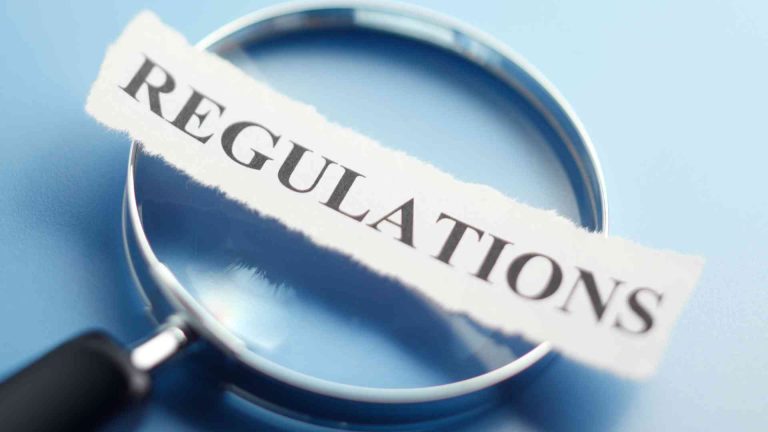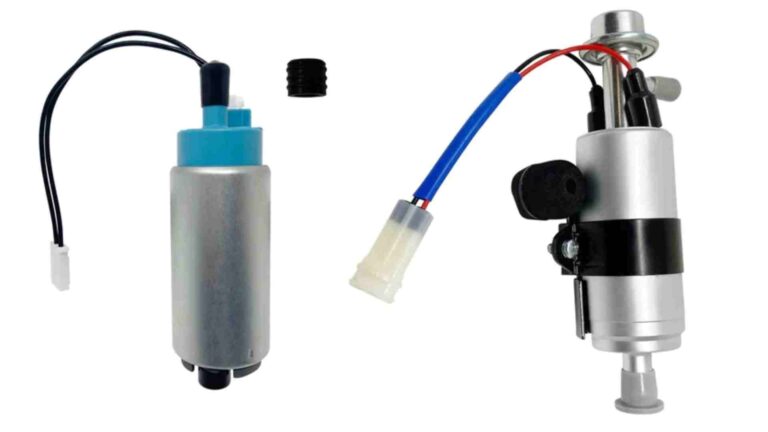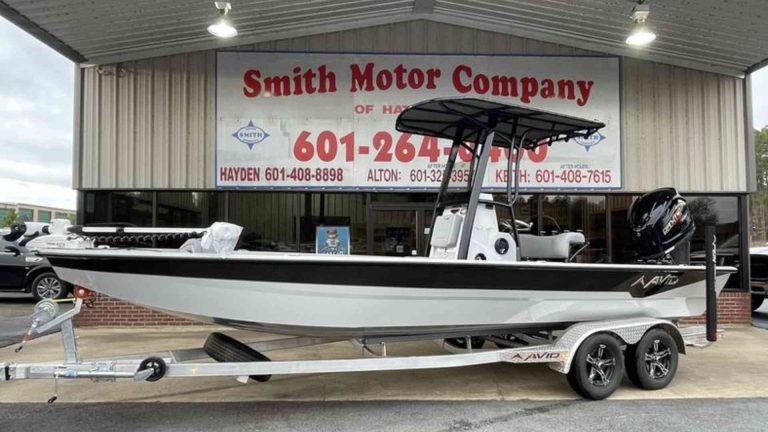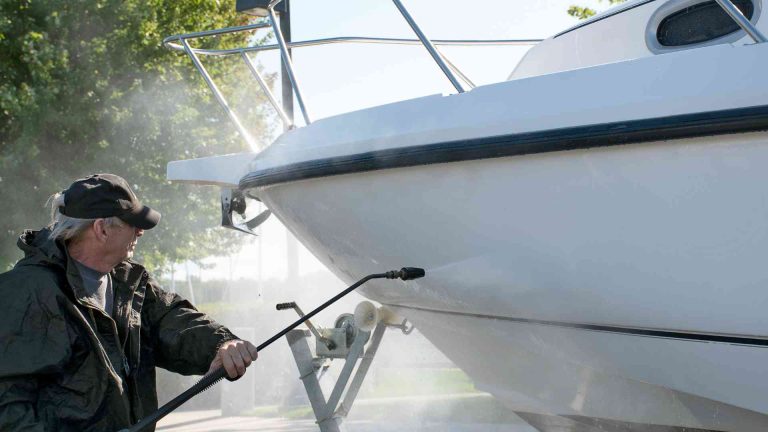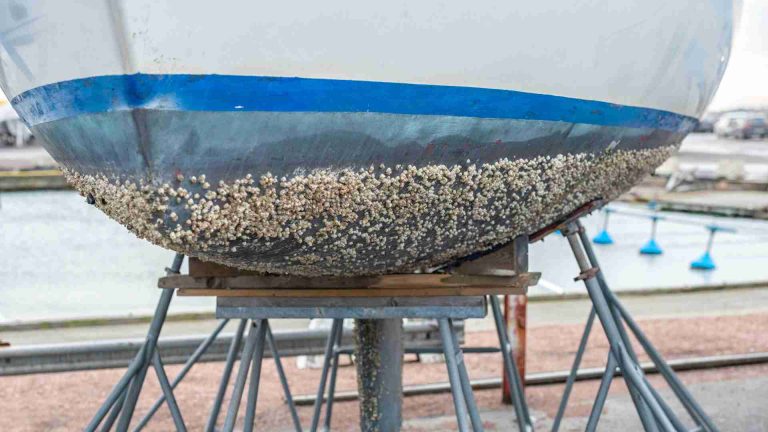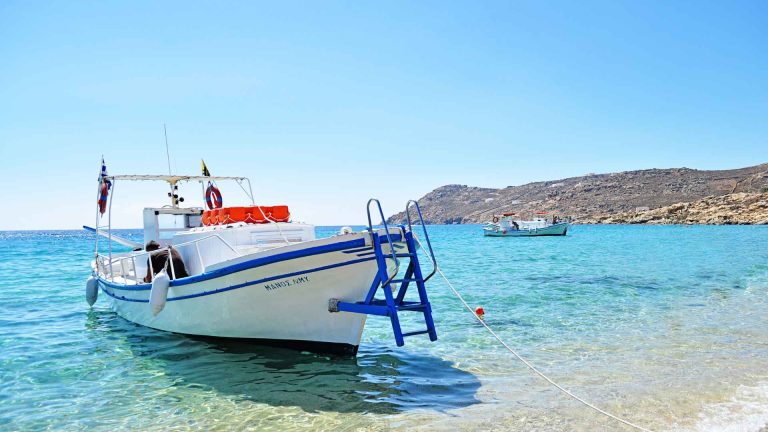When Does Fishing Season Start? Guide to Fishing Season
Are you ready to cast your line and reel in some unforgettable moments? The anticipation and excitement of fishing season are like no other for passionate anglers. It’s that time of year when the waters beckon, and the fish are plentiful. But what exactly are fishing seasons, and why do they matter? In this guide, we’ll explore the significance of fishing seasons and why knowing when they start is crucial for planning and preparing for a successful fishing experience.
Fishing seasons are periods of time when specific fish species are more abundant, active, or legally allowed to be caught in certain regions. These seasons are not arbitrary; they serve a vital purpose in maintaining healthy fish populations and preserving the delicate balance of aquatic ecosystems. By adhering to fishing seasons and regulations, anglers contribute to sustainable fishing practices and ensure the longevity of their favorite pastime.
Knowing when fishing seasons start is paramount for any angler looking to make the most of their time on the water. It allows you to focus your efforts on species that are in their prime, increasing your chances of a fruitful fishing trip. Whether you’re a seasoned angler or a beginner eager to cast your first line, understanding fishing seasons provides invaluable insights into the rhythms of nature and the best times to embark on your fishing adventures.
In the following sections, we will delve deeper into the factors influencing fishing season start dates, explore regional variations, and provide helpful tips for preparing for fishing season. So, grab your tackle box, put on your lucky fishing hat, and join us as we unravel the mysteries of when fishing season starts and how you can make the most of this exciting time. Get ready to create memories that will stay with you long after the last fish has been caught and released. Let’s dive in!
What does it mean by fishing seasons?
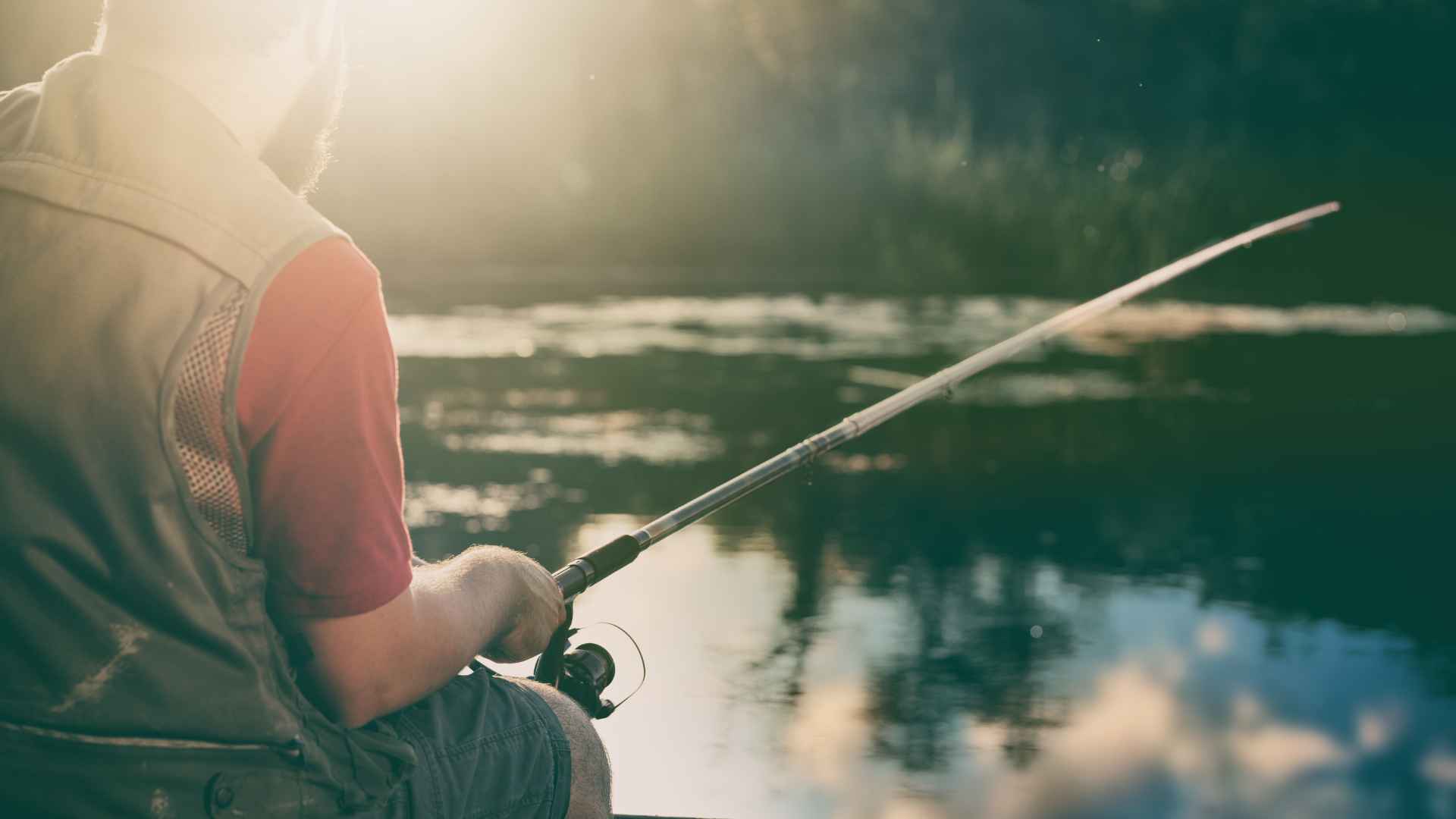
Fishing seasons are periods of time during which specific fish species can be legally caught in a particular region. These seasons are not arbitrary but are based on scientific research, fishery management practices, and conservation efforts. The primary purpose of fishing seasons is to ensure the sustainability of fish populations and protect the delicate balance of aquatic ecosystems.
The timing of fishing seasons can vary widely depending on several factors. One crucial factor is the region in which you plan to fish. Different geographical areas experience varying climates, water temperatures, and fish migration patterns, all of which influence when fishing seasons begin and end. For example, in temperate regions, fishing seasons often align with the warmer months when fish are more active and abundant.
Another key factor determining fishing seasons is the specific species of fish targeted. Different fish species have distinct spawning seasons, migratory patterns, and growth cycles. Fishing seasons are designed to protect fish during critical reproductive periods, allowing them to reproduce and sustain their populations for future generations. By regulating the timing of fishing activities, authorities can prevent overfishing and ensure the long-term health of fish stocks.
Local regulations play a significant role in establishing fishing seasons as well. Fisheries management organizations, government agencies, and conservation groups work together to set rules and regulations that promote sustainable fishing practices. These regulations may include catch limits, size restrictions, and specific fishing methods permitted during certain seasons. It is crucial for anglers to respect and abide by these regulations to protect fish populations, maintain the ecological balance, and contribute to the overall health of the environment.
By adhering to fishing regulations and respecting fishing seasons, anglers play a vital role in conservation efforts. They contribute to the preservation of fish populations and their habitats, ensuring that future generations can also enjoy the thrill and beauty of fishing. Understanding the concept of fishing seasons and the reasons behind their existence helps foster a sense of responsibility among anglers and promotes sustainable practices that benefit both fish and the environment they inhabit.
What are the factors influencing fishing season start?
The start of fishing seasons is influenced by several key factors that affect the behavior and availability of fish in different bodies of water. Understanding these factors can help anglers plan their fishing trips more effectively and increase their chances of success.
1. Climate and Weather Patterns:
Climate and weather play a significant role in determining when fishing seasons begin. Warmer temperatures typically coincide with increased fish activity, as they stimulate feeding and spawning behaviors.
In colder regions, fishing seasons often align with the arrival of spring or the thawing of ice, signaling the return of fish to more accessible areas. Conversely, in tropical regions, where temperatures remain relatively stable throughout the year, fishing seasons may be less defined and instead influenced by other factors such as rainfall or tidal patterns.
2. Spawning and Migration Patterns of Fish Species
The reproductive cycle and migration patterns of fish species heavily influence fishing seasons. Many fish species have specific spawning seasons during which they gather in certain areas to reproduce.
Fishing regulations often aim to protect fish during these critical periods, allowing them to spawn undisturbed and ensuring the continuity of their populations. Understanding the spawning and migration patterns of target fish species can help anglers identify the best times to pursue specific types of fish.
3. Local Regulations and Management Practices:
Fishing seasons are also influenced by local regulations and management practices implemented by fisheries management organizations and government agencies. These regulations aim to maintain sustainable fish populations and prevent overfishing.
They may include restrictions on catch limits, size limits, fishing methods, and even specific areas where fishing is permitted. It is essential for anglers to stay informed about and adhere to these regulations to ensure the long-term health of fish populations and support conservation efforts.
4. Environmental Factors:
Environmental factors such as water temperature, oxygen levels, and food availability can significantly impact fishing seasons. Fish are ectothermic creatures, meaning their body temperature is influenced by the surrounding environment.
They tend to be more active and responsive to feeding during optimal temperature ranges. Understanding the preferred temperature ranges and feeding habits of target fish species can help anglers determine the best times to fish in a particular season.
5. Research and Local Knowledge:
Lastly, conducting research and seeking local knowledge can provide valuable insights into when fishing seasons start in specific areas. Local fishing reports, online forums, and conversations with experienced anglers or local bait shops can offer information on recent fish activity, water conditions, and the start of fishing seasons. Building connections within the fishing community and staying informed about local fishing trends can enhance your chances of success.
By considering these factors and staying updated on fishing regulations, anglers can make informed decisions about when and where to pursue their favorite fish species. This knowledge allows them to align their fishing trips with the optimal conditions and maximize their chances of having an enjoyable and fruitful experience on the water.
Let’s see fishing seasons start dates in different regions
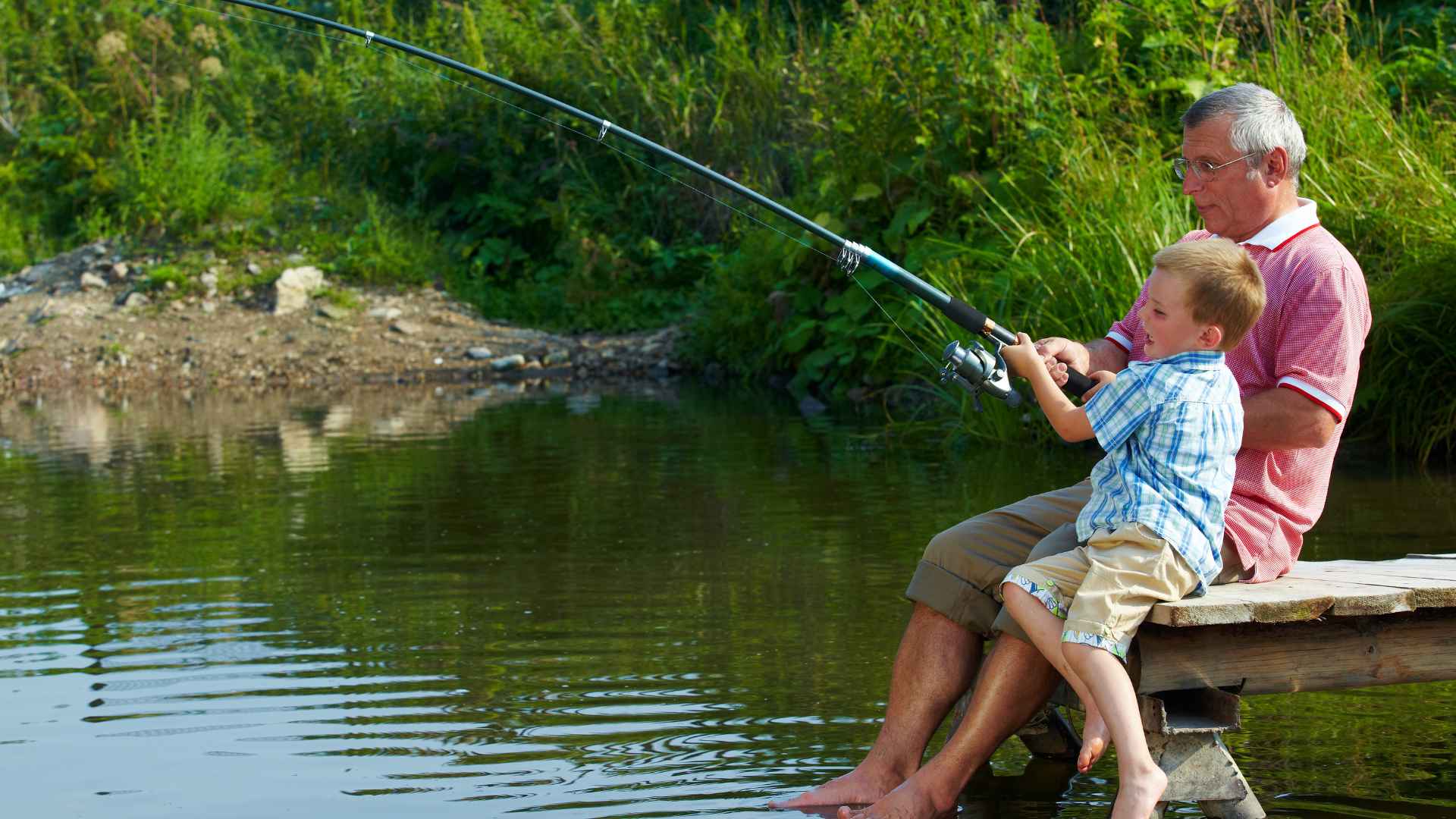
Fishing season start dates can vary significantly depending on the region and the specific bodies of water within it. While it is essential to research and consult local fishing authorities for precise and up-to-date information, here is a general overview of fishing season start dates in different regions:
- Coastal Areas: Coastal regions offer a diverse range of fishing opportunities. Saltwater fishing seasons often depend on the migration patterns of various fish species. In many coastal areas, fishing seasons for popular species such as striped bass, salmon, and flounder typically start in the spring or early summer. However, specific season start dates may vary based on local regulations, water temperatures, and the arrival of baitfish that attract larger predatory species.
- Lakes and Reservoirs: Fishing seasons in lakes and reservoirs can be influenced by both climate and local regulations. In temperate regions, fishing seasons often begin in the spring as the water temperatures rise and fish become more active. Species such as bass, trout, and panfish are commonly targeted during these seasons. However, it is important to note that specific lakes may have unique regulations and seasonal variations, so checking with local fishing authorities is crucial.
- Rivers and Streams: River and stream fishing seasons can be affected by factors such as water flow, temperature, and fish spawning periods. Spring and early summer are popular seasons for freshwater fishing as fish species like trout, salmon, and walleye are more active during this time. However, fishing seasons can vary depending on the specific location and the particular fish species targeted. Some rivers may have designated catch-and-release seasons or restrictions on certain fishing methods, so it is essential to be aware of local regulations.
- Inland Fisheries: Inland fishing seasons encompass various bodies of water such as ponds, reservoirs, and small lakes. Start dates for fishing seasons in inland fisheries are often influenced by local conditions, including water temperatures and fish behavior. Depending on the region, fishing seasons for species like bass, catfish, and crappie may begin in the spring or early summer when water temperatures become more favorable for fish activity. As with other regions, it is crucial to check local regulations for specific fishing season start dates and any restrictions.
It is important to remember that these are general guidelines, and fishing season start dates can vary significantly based on local conditions and regulations. To ensure accuracy, it is recommended to consult local fishing authorities, fishery management organizations, or local angling clubs for precise information on fishing season start dates in your target region.
Specific examples of popular fish species and their corresponding season start dates.
Here are some specific examples of popular fish species and their corresponding season start dates in different regions:
Coastal Areas:
- Striped Bass: The fishing season for striped bass typically starts in the spring, around March or April, along the Atlantic coast of the United States.
- Salmon: Salmon fishing seasons can vary depending on the specific species and location. In regions like Alaska and the Pacific Northwest, salmon fishing seasons often begin in the summer or fall, coinciding with the salmon’s migration upstream to spawn.
Lakes and Reservoirs:
- Bass: Bass fishing seasons in many temperate regions start in the spring when water temperatures begin to rise, usually around April or May. This is when largemouth and smallmouth bass become more active and move towards shallower waters.
- Trout: Trout fishing seasons vary depending on the species and region. In many areas, trout fishing seasons open in the spring, around March or April, as trout are more active after the winter months.
Rivers and Streams:
- Trout: Trout fishing seasons in rivers and streams are often regulated to protect spawning fish. In many regions, the trout fishing season opens in the spring, usually in March or April, and continues through the summer.
- Salmon: Salmon fishing seasons in rivers often align with the salmon’s migration and spawning periods. Start dates can vary, but they typically occur in the summer or fall when salmon are actively moving upstream.
Inland Fisheries:
- Crappie: Crappie fishing seasons in inland fisheries often start in the spring, around April or May, when water temperatures rise and crappie move into shallower waters to spawn.
- Catfish: Catfish fishing seasons can vary depending on the region and species. In many areas, catfish can be targeted year-round, but the peak season often begins in the spring and continues through the summer months.
These are just a few examples, and fishing season start dates can vary based on the specific location, local regulations, and fish behavior. It is important to research and consult local fishing authorities or check regional fishing guidelines to determine the precise start dates for your target fish species in your desired fishing location.
While we have provided some general examples of fishing season start dates for popular fish species in different regions, it is crucial to emphasize the importance of researching and consulting local fishing authorities or reputable websites for accurate and up-to-date information on fishing season start dates in your specific location.
Fishing regulations and season start dates can vary significantly depending on local conditions, conservation efforts, and fishery management practices. Local fishing authorities and government agencies are the best sources of information regarding fishing seasons, specific regulations, catch limits, and any changes or updates that may affect your fishing plans.
By taking the time to research and consult local fishing authorities, you ensure that you have the most accurate and current information available. This will help you plan your fishing trips effectively, maximize your chances of success, and adhere to responsible angling practices that contribute to the sustainability of fish populations and the preservation of aquatic ecosystems.
In addition to local fishing authorities, there are numerous websites, forums, and online communities dedicated to fishing that provide valuable insights and up-to-date information on fishing season start dates. These platforms often have active members who share their fishing experiences and offer helpful tips and advice for specific locations. Engaging with these online communities can provide valuable insights and help you stay informed about fishing season start dates in your area.
Remember, fishing regulations and season start dates are put in place to protect fish populations, maintain healthy ecosystems, and ensure the long-term sustainability of the sport. By researching, staying informed, and abiding by local regulations, you can enjoy a responsible and fulfilling fishing experience while contributing to the preservation of our precious natural resources.
So, before you embark on your next fishing adventure, make sure to research and consult local fishing authorities or reputable websites to get accurate and up-to-date information on fishing season start dates in your specific location. Tight lines and happy fishing!
5 best tips for preparing for fishing season
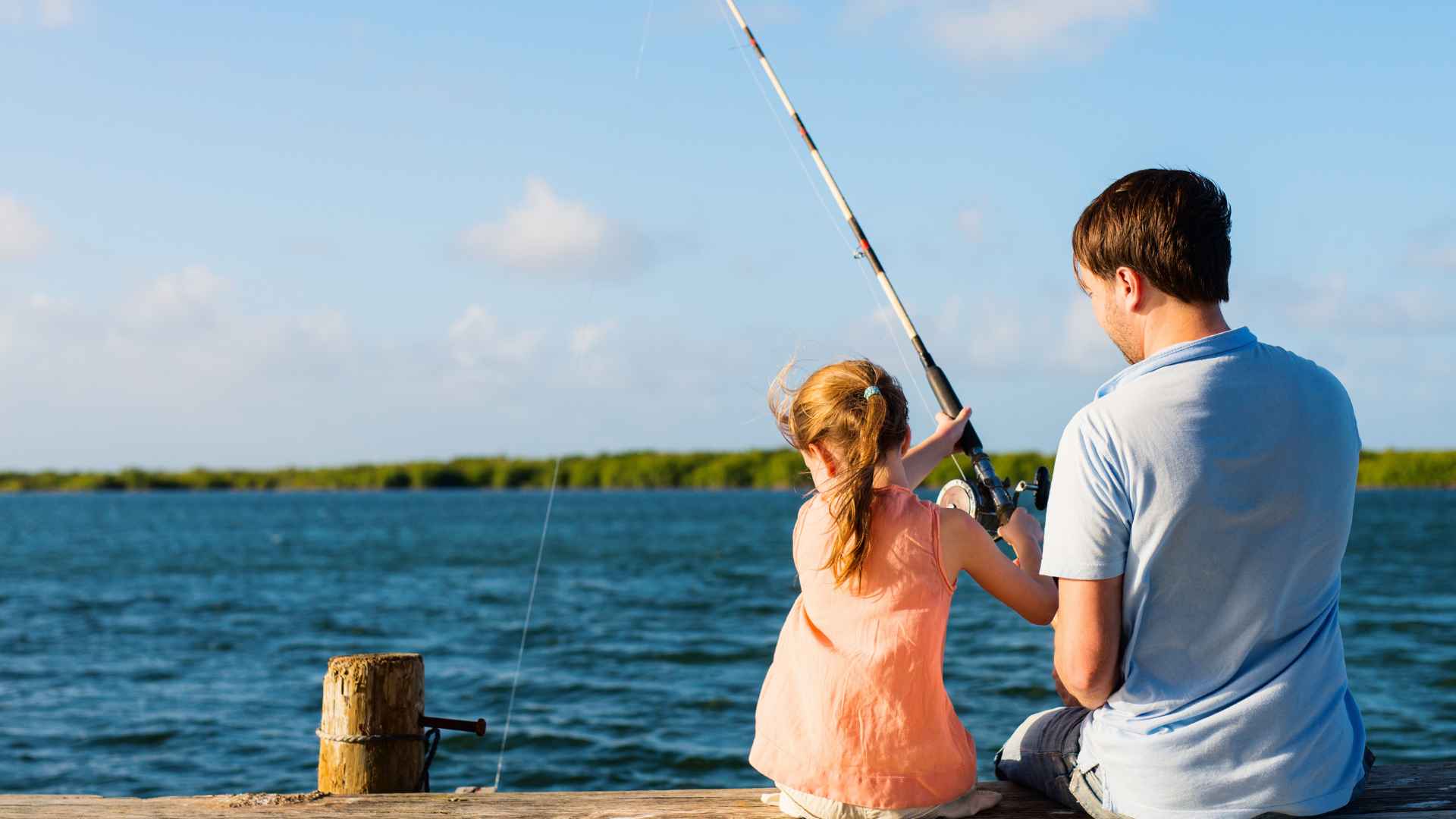
Preparing for fishing season is an exciting part of the angling experience. To make the most of your fishing adventures, here are some practical tips and advice to help you get ready:
- Check and Renew Fishing Licenses and Permits: Before hitting the water, ensure that your fishing license and any necessary permits are up to date. Fishing licenses are typically valid for a specific duration, often a year, and may need to be renewed annually. Check with your local fishing authorities or visit their website to determine the requirements and process for obtaining or renewing your fishing license. Fishing without a valid license can result in fines and penalties, so it’s crucial to have the proper documentation.
- Clean and Organize Fishing Gear: Take the time to clean and organize your fishing gear before the season starts. Inspect your rods, reels, lines, and tackle for any signs of damage or wear. Clean your reels, remove any dirt or debris, and lubricate the necessary parts. Replace worn-out lines or leaders and check the condition of your hooks, lures, and other tackle items. Properly organizing your fishing gear ensures that everything is in working order, making your fishing trips more enjoyable and efficient.
- Research and Acquire Appropriate Bait and Lures: Different fish species are attracted to specific types of bait and lures. Research the target species you plan to pursue during the fishing season and acquire the appropriate bait and lures accordingly. Live bait such as worms, minnows, or crickets can be effective for many species, while artificial lures come in a variety of shapes, sizes, and colors to mimic different prey. Having a well-stocked tackle box with a selection of baits and lures increases your chances of enticing the fish to bite.
- Review Local Fishing Regulations: Familiarize yourself with the local fishing regulations and guidelines that apply to the waters you plan to fish in. Each region may have specific rules regarding catch limits, size restrictions, and fishing methods permitted for different species. Reviewing these regulations ensures that you comply with the guidelines, support sustainable fishing practices, and avoid any legal complications. Local fishing authorities or government websites are reliable sources for obtaining the most up-to-date information on fishing regulations.
- Prepare for Safety and Comfort: Don’t forget about your safety and comfort while preparing for fishing season. Check your fishing gear for any necessary safety equipment, such as life jackets or personal flotation devices, especially if you plan to fish from a boat. Ensure you have appropriate clothing and footwear for the weather and environmental conditions. Additionally, pack essentials like sunscreen, insect repellent, snacks, and plenty of water to stay hydrated during your fishing trips.
By following these tips and preparing in advance, you set yourself up for a successful and enjoyable fishing season. Checking and renewing your fishing licenses, cleaning and organizing your gear, acquiring suitable bait and lures, reviewing local fishing regulations, and prioritizing safety and comfort will help you make the most of your time on the water. So, get ready, gear up, and get excited for a fantastic fishing season ahead!
What are the fishing opportunities outside of official fishing seasons?
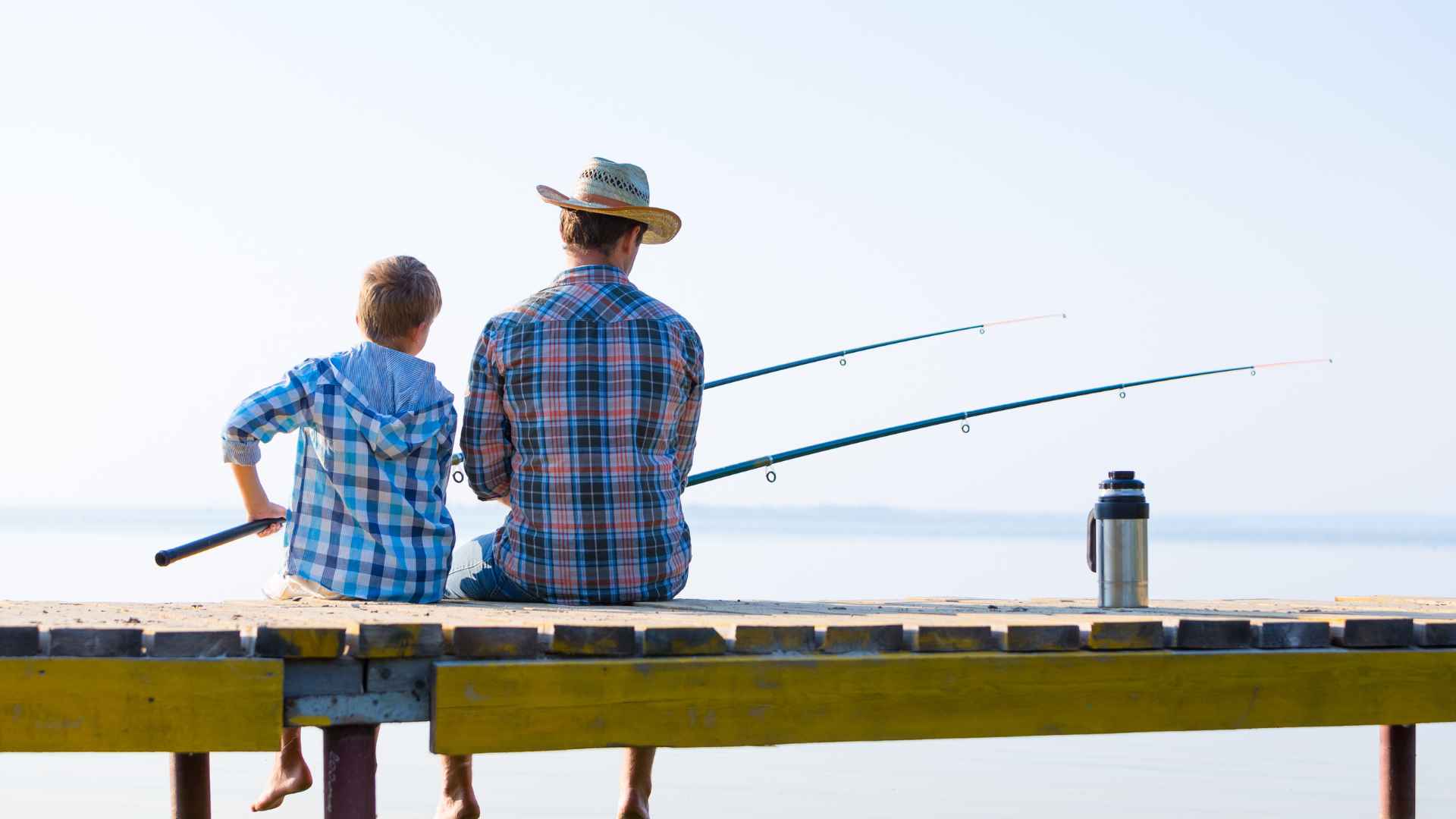
While fishing season dates are important for targeting specific species and adhering to local regulations, it’s essential to remember that fishing opportunities exist beyond official fishing seasons. Here are some alternative fishing opportunities to consider:
- Catch-and-Release Fishing: Catch-and-release fishing allows anglers to enjoy fishing while minimizing the impact on fish populations. Even outside of official fishing seasons, catch-and-release fishing can be a rewarding experience. It allows you to practice your angling skills, enjoy the thrill of the catch, and release the fish unharmed back into the water. Always handle fish with care, use barbless hooks, and follow proper catch-and-release techniques to increase the fish’s chances of survival.
- Special Designated Areas: Certain fishing areas may have special regulations that allow fishing year-round or during specific times outside of the official fishing seasons. These designated areas often have unique rules, such as catch-and-release only or restricted fishing methods, to protect vulnerable fish populations or preserve sensitive habitats. Research local fishing guides or consult with fishing authorities to identify any special designated areas where you can enjoy fishing even when the official season is closed.
- Ice Fishing: In colder regions, ice fishing provides a unique opportunity to catch fish during the winter months when lakes and ponds freeze over. Ice fishing typically occurs when the ice is thick and safe enough to support anglers. Popular species targeted during ice fishing include trout, walleye, pike, and panfish. Ensure you have the appropriate ice fishing gear, such as ice augers, ice fishing rods, and shelters, and follow safety precautions and local regulations specific to ice fishing.
Regardless of the fishing opportunities available outside of official fishing seasons, it is crucial to practice responsible fishing at all times. This includes respecting catch limits, size restrictions, and other local guidelines that promote sustainable fishing practices. Even when fishing outside of the official season, maintaining a responsible approach ensures the long-term health and abundance of fish populations and the preservation of the natural environment.
Remember to be mindful of the fishing regulations and guidelines that apply to the specific waters you are fishing in, even if it’s outside of the official season. Stay informed, respect the fish and their habitats, and promote ethical angling practices. By doing so, you contribute to the conservation of our fisheries and guarantee enjoyable fishing experiences for generations to come.
Watch The secret to catching big fish at the pier | Video
When does fishing season start?
Fishing season start dates vary depending on the region, species of fish, and local regulations. It is essential to research and consult local fishing authorities or reputable websites for accurate and up-to-date information on fishing season start dates in your specific location.
Is there a universal fishing season start date?
No, there is no universal fishing season start date. Fishing season start dates are determined by factors such as climate, fish migration patterns, spawning seasons, and local management practices. These factors vary from one region to another, resulting in different fishing season start dates.
How can I find out when fishing season starts in my area?
To find out when fishing season starts in your area, it is best to consult local fishing authorities, such as government agencies or fisheries departments. They can provide you with accurate and up-to-date information on fishing season start dates, regulations, and any specific requirements for fishing in your region.
Are there different fishing seasons for different fish species?
Yes, different fish species often have different fishing seasons. Some fish species have specific migration patterns or spawning seasons, which determine the timing of their fishing season. It is important to research and understand the fishing seasons for your target fish species to ensure compliance with local regulations.
Can fishing season start dates change from year to year?
Yes, fishing season start dates can change from year to year. Factors such as weather conditions, conservation efforts, and fish population dynamics can influence the timing of fishing seasons. It is advisable to stay updated with the latest information from local fishing authorities to ensure you are aware of any changes or updates to fishing season start dates in your area.
Conclusion
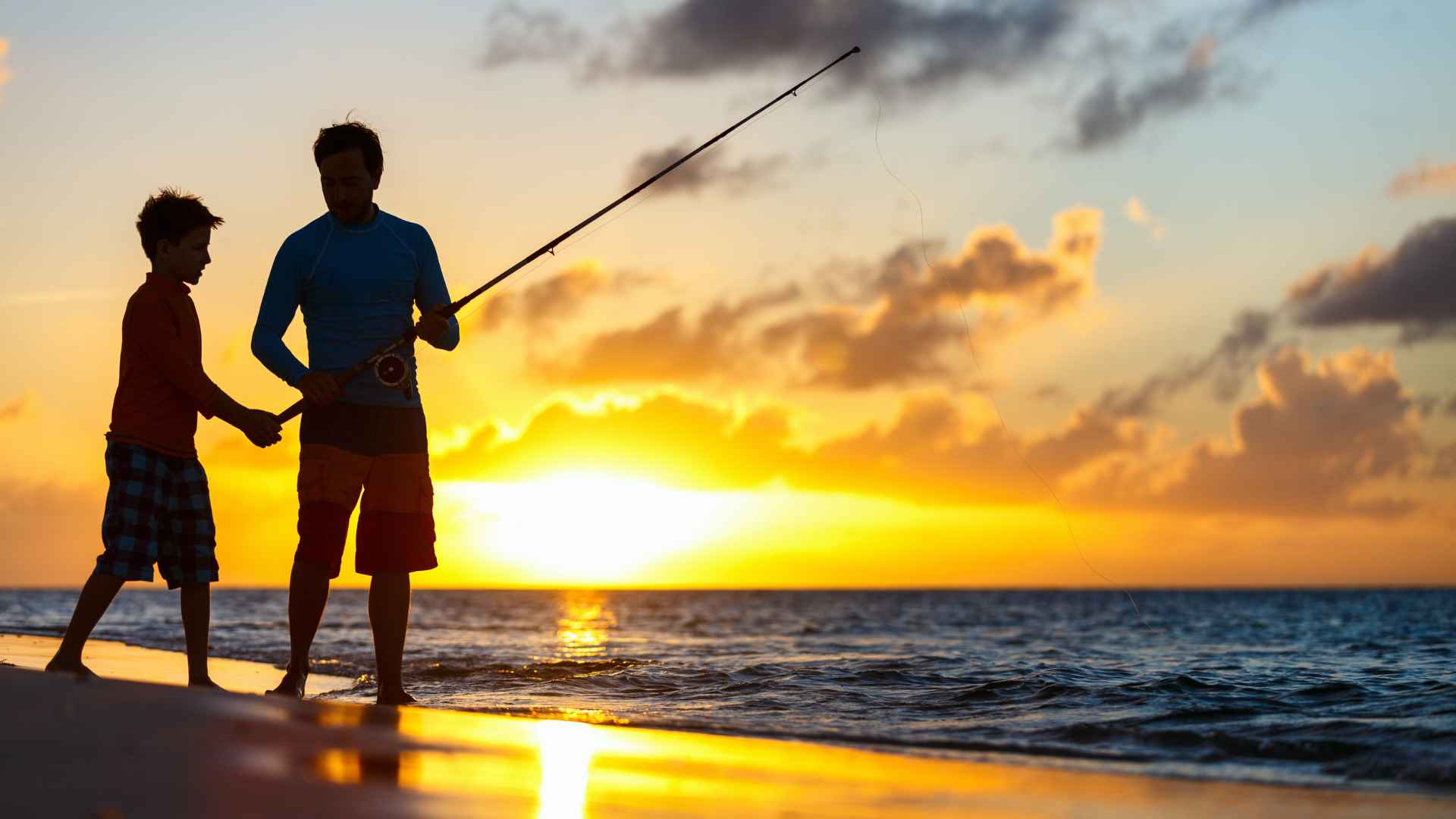
Knowing when fishing seasons start is crucial for anglers who want to make the most of their fishing experience. By understanding fishing seasons, respecting regulations, and staying informed about season start dates, anglers can plan their fishing adventures effectively and increase their chances of success.
Fishing seasons are not only about regulations and restrictions; they signify the anticipation and excitement of embarking on fishing trips. Whether it’s the opening day of trout season or the arrival of migratory species, fishing seasons bring a sense of joy and anticipation for anglers. It’s a time when anglers can reconnect with nature, challenge themselves, and create lasting memories.
To fully enjoy the fishing season, it’s essential to stay informed about fishing season start dates in your area. Research local fishing authorities, consult reliable sources, and connect with fellow anglers who have local knowledge. By planning your fishing adventures accordingly, you can target specific species at their prime and optimize your chances of a successful and fulfilling fishing experience.
Remember, fishing season start dates may vary based on the region, species, and local regulations. By staying informed, you demonstrate your commitment to responsible angling practices and contribute to the conservation of fish populations and their habitats.
So, gear up, renew your fishing license, organize your tackle box, and get ready for the upcoming fishing season. Anticipate the thrill of the first cast, the tug on the line, and the satisfaction of a successful catch. Embrace the beauty of nature, the camaraderie of fellow anglers, and the tranquility that fishing offers. Fishing season is just around the corner, and the adventure awaits!
Tight lines, and may your fishing season be filled with memorable moments and bountiful catches. Happy fishing!
Share When Does Fishing Season Start? Guide to Fishing Season with your friends and Leave a comment below with your thoughts.
Read How Do Boats Get Rid of Human Waste and Where Does It Go? until we meet in the next article.
